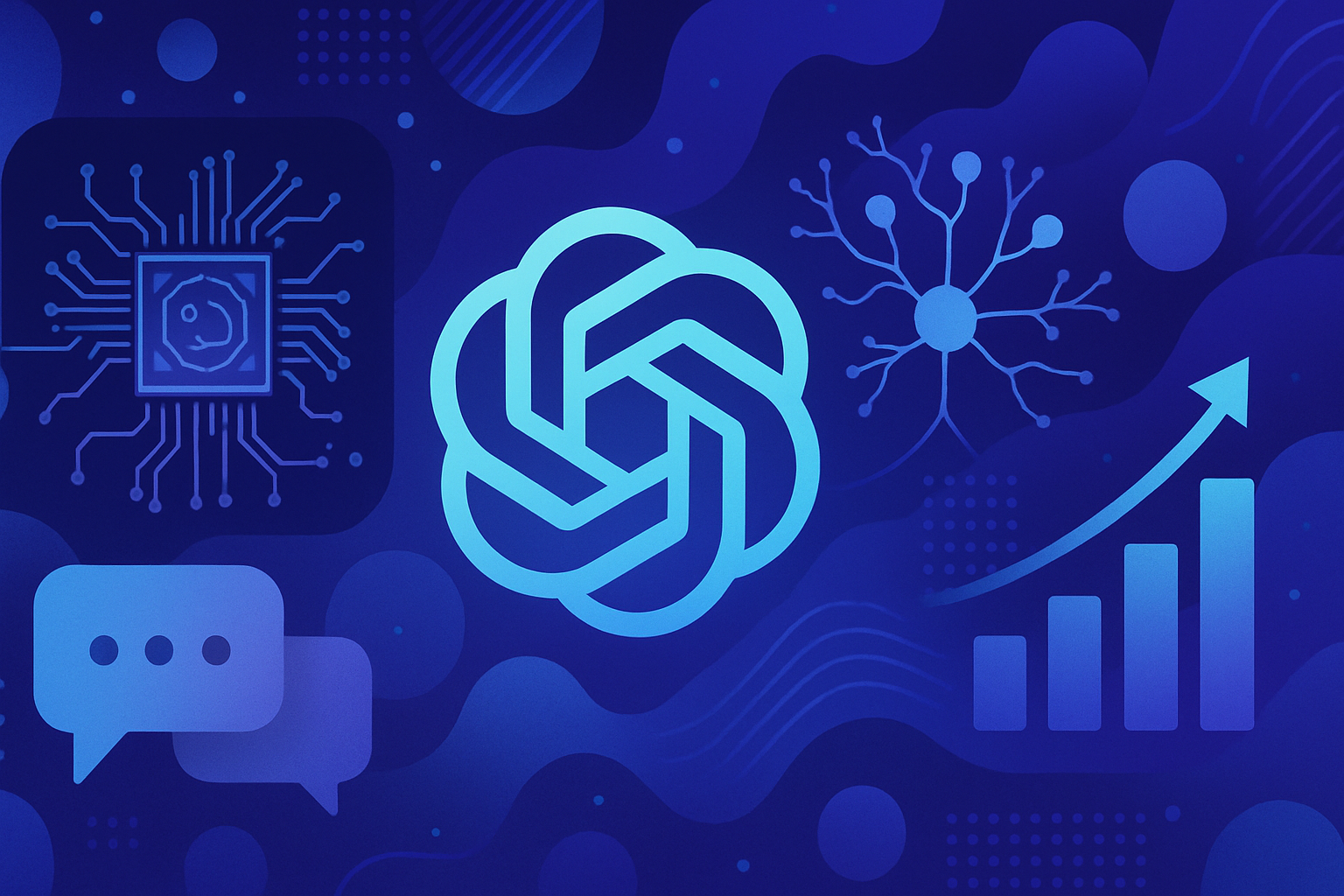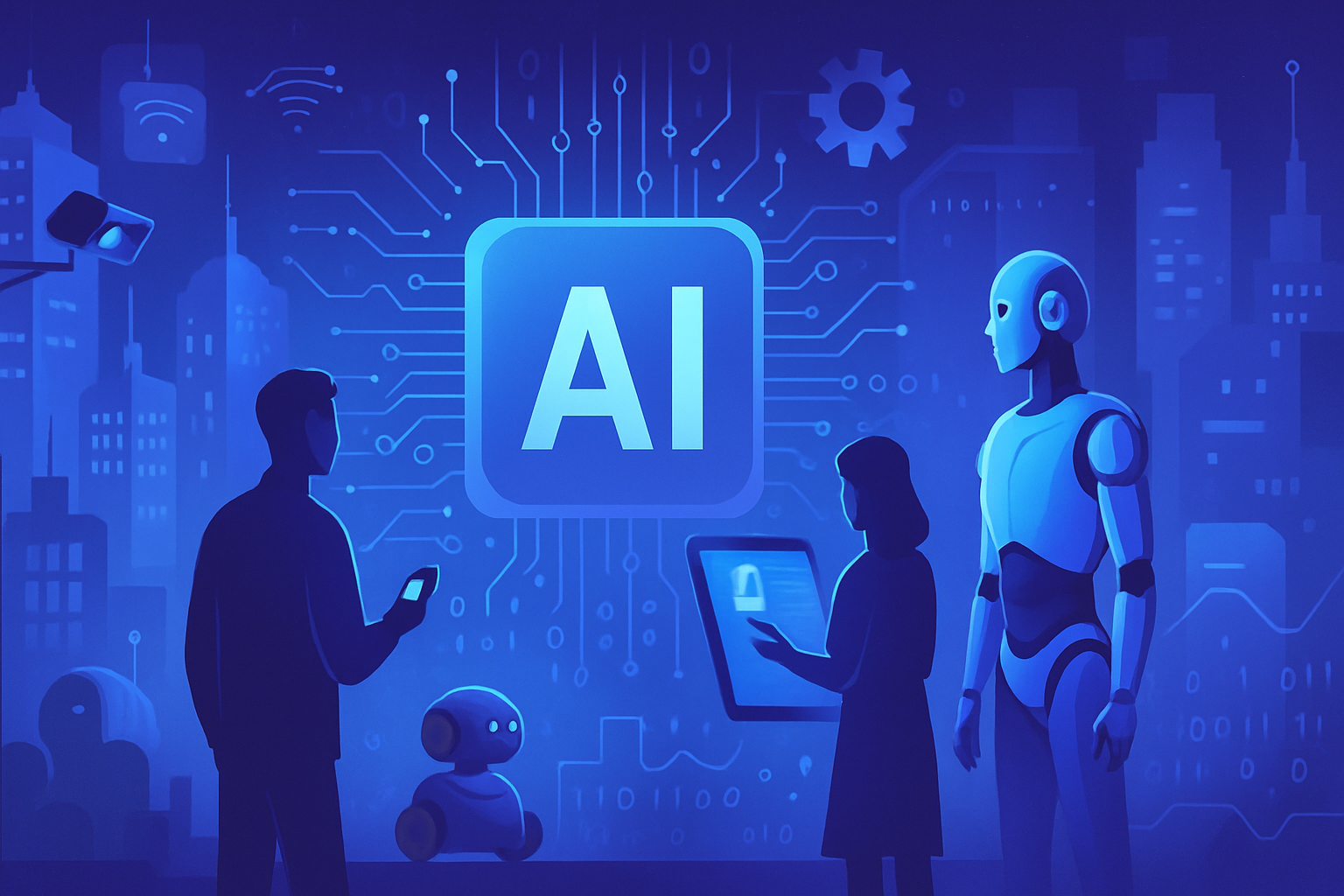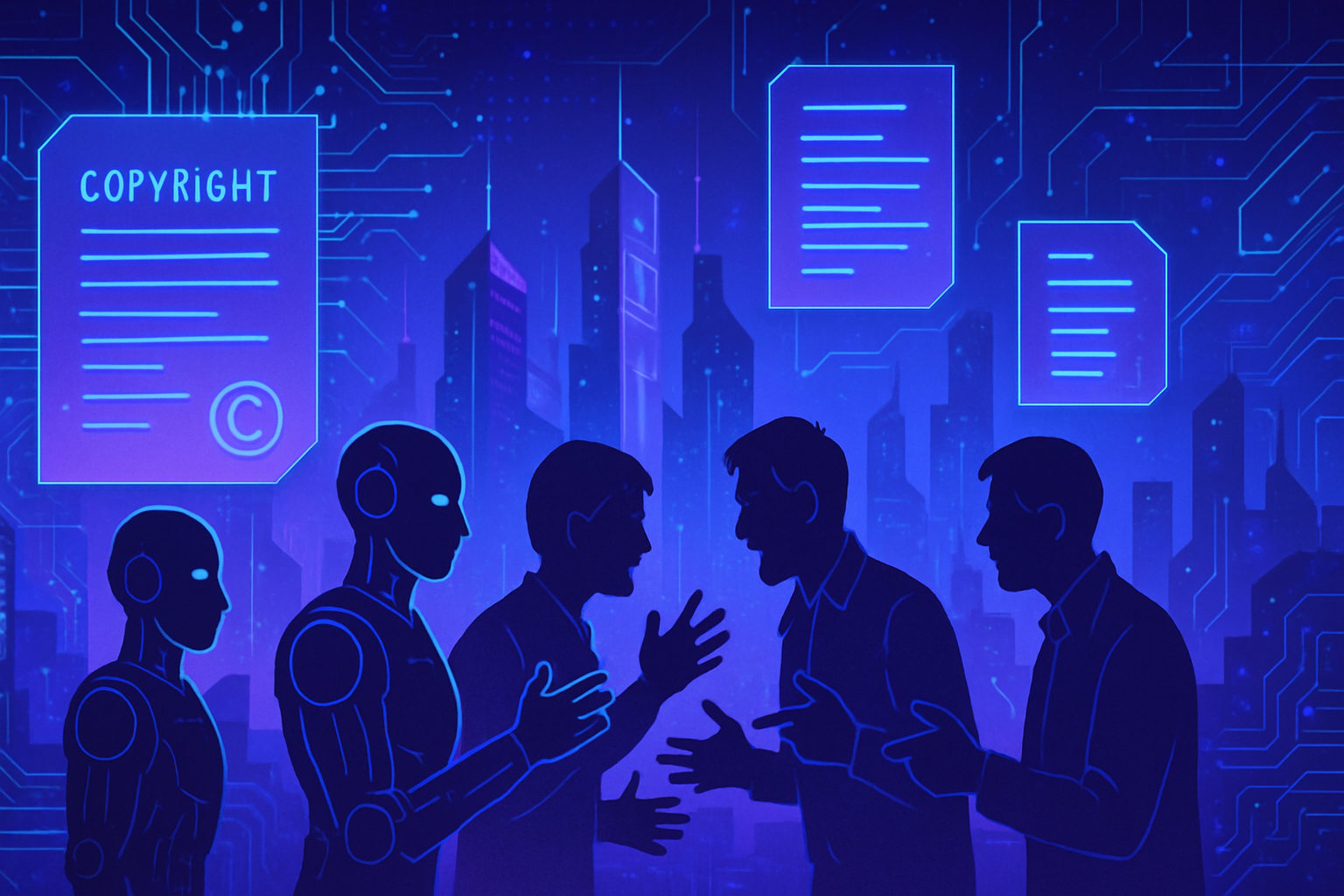A recent survey highlights the rapid rise in the use of ChatGPT by young people for their schoolwork. The enthusiasm for this tool reveals *profound transformations* in the current educational approach. Each student is now faced with the necessity of integrating these advanced technologies, thereby raising *unprecedented ethical* and pedagogical questions. This phenomenon calls upon teachers and education leaders to consider the future of learning and the necessary regulation of these powerful tools. The current dynamic heralds a significant turning point in the educational landscape.
The growing use of ChatGPT by young people
A recent study from the Pew Research Center highlights a marked trend: 26% of American teenagers aged 13 to 17 are using *ChatGPT* for their schoolwork in 2024, a figure that has doubled since 2023. This acceleration illustrates a growing familiarity with artificial intelligence technologies among younger generations. The ease of access to these tools promotes this adoption.
Disparities in usage
The data reveals significant differences in the use of ChatGPT among various demographic groups. Hispanic and African American youth show a higher propensity to use this tool compared to their white counterparts. This disparity raises questions about accessibility and equal opportunities in accessing educational technologies. Issues of trust regarding the use of these innovations are emerging within different communities.
Varied levels of comfort among users
Students exhibit varying levels of comfort with the use of ChatGPT depending on the nature of their school tasks. Approximately 54% of teenagers believe it is acceptable to use the chatbot to research new topics. This attitude is nuanced when it comes to solving math problems or writing essays. A marginal segment of 9% of respondents disapprove of using ChatGPT for exploring academic themes.
A perspective on the role of teachers
The observations of Jamie Cohen, an assistant professor in media studies, on the integration of these technologies highlight a paradigm shift. According to him, the primary responsibility lies with teachers in incorporating these tools into learning. This need for adaptation encourages educators to communicate about how AI models work, their intrinsic limitations, and potential errors.
Educational challenges and regulatory implications
Today, several school districts are adopting a conservative stance towards the use of ChatGPT. A restrictive approach is manifested through bans aimed at preventing potential misuse of this tool by students. Concerns about the validity of grades and students’ personal understanding are raising passionate debates within institutions.
However, the fallout from ChatGPT is not limited to risks. This technology can also optimize teachers’ work, such as facilitating the grading of assignments. Immediate access to a variety of information can spark enriching intellectual curiosity among students, while broadening their academic horizons.
A need for thoughtful and ethical adoption
The rise of ChatGPT in the school environment invites educational stakeholders to reflect. Its integration into programs requires clear guidelines to frame its use. Adequate training for teachers is necessary to capitalize on the benefits of these tools without neglecting the associated dangers.
School authorities must design initiatives that take into account the various facets of digital innovations. The issue of transparency regarding the management of user data emerges as a fundamental concern, thereby ensuring the respect for student privacy.
Future challenges and regulation
The growing phenomenon of young students using ChatGPT highlights the urgent need for appropriate regulation. Legislators, aware of the implications, are closely examining the effects of artificial intelligence on the educational landscape. The integration of increased oversight and rigorous standards could certainly influence the use of these technologies within institutions.
A balanced approach requires evaluating both the benefits and risks associated with the use of artificial intelligence in education. Already, discussions on the development of educational policies are gaining momentum, thus laying the groundwork for a safe and equitable use of these technologies.
FAQ on the increased use of ChatGPT by young people for their schoolwork
Why are teenagers using ChatGPT for their school assignments?
Teenagers turn to ChatGPT because of its ability to provide quick and accessible answers to their academic questions, aid in topic research, and assist them in writing and editing assignments.
How does the use of ChatGPT affect young people’s understanding of school subjects?
While ChatGPT can help clarify certain concepts, there is a risk that students may become too dependent on this tool, which could hinder their ability to deeply understand subjects without external assistance.
What are the risks associated with using ChatGPT in academics?
The main risks involve over-reliance on the tool, which can lead to cheating, errors in understanding the studied topic, and the possibility of obtaining incorrect or biased answers.
How are schools reacting to the use of ChatGPT by students?
Many schools have adopted restrictive policies to regulate the use of ChatGPT, ensuring that students produce work that reflects their own understanding and skills, rather than relying entirely on external technology.
What is the demographic profile of teenagers using ChatGPT?
According to studies, Hispanic and African American teenagers show higher usage of ChatGPT for their homework than their white peers, highlighting disparities in access and engagement with new educational technologies.
What precautions should teachers take when integrating ChatGPT into the educational process?
Teachers should raise students’ awareness about the limitations and potential errors of ChatGPT, explore methods for incorporating this technology into their teaching, and promote assessment practices that encourage authentic understanding.
How to use ChatGPT ethically and responsibly in a school context?
For ethical use, students should be trained to recognize the limitations of ChatGPT, verify information, and develop critical thinking skills, while using the tool as a complement to their learning rather than as a substitute.
What benefits can ChatGPT offer students in their studies?
ChatGPT can provide instant access to a variety of information, help structure ideas for essays, offer explanations on complex topics, and stimulate students’ intellectual curiosity.




